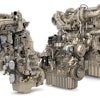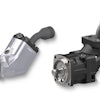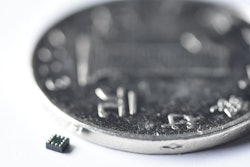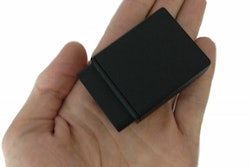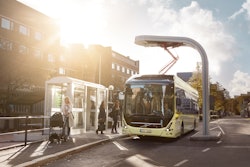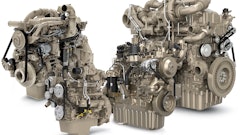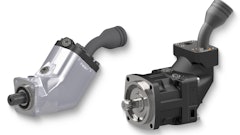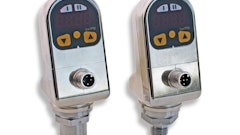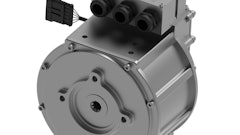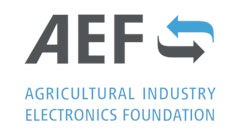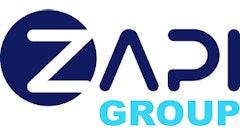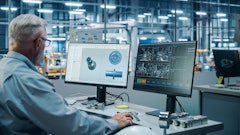Electric forklifts are capturing an increasing share of the materials handling market in North America. While conventional lead-acid batteries are a mature and well-entrenched technology in this market, they have limitations that are spurring interest in alternative electric technologies. These limitations relate to the length of charge time, runtime and low cycle life. In addition, the need for spare lead-acid batteries and warehouse space and the labor hours devoted to charging and battery management result in high costs.
These costs provide an opportunity for advanced electric technologies for forklifts that may have higher upfront prices, but can reduce operating costs with longer runtime and reduced fueling. Advanced lead-acid batteries, lithium ion (Li-ion) batteries, and fuel cells are all being offered as technology solutions to the drawbacks of conventional lead-acid batteries in electric forklifts. Distribution centers run by companies such as Walmart and Sysco, as well as companies with plants requiring indoor forklifts, are adopting new technology for electric forklifts. Navigant Research expects sales of advanced lead-acid, Li-ion, and fuel cell forklifts in North America to reach over 47,000 units by 2025, up from approximately 10,000 units in 2016.
Navigant Research has released a new report which analyzes the market opportunity for advanced lead-acid, Li-ion, and fuel cells in the North American electric forklift market. The study discusses the key market drivers and the types of warehouse operations where advanced electric technologies provide a good return on investment. Forecasts for electric forklift sales by technology and country in North America extend through 2025. The report also reviews the significant challenges each technology faces in further penetrating the North American electric forklift market and provides brief profiles of major industry players.
